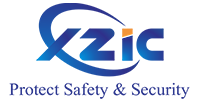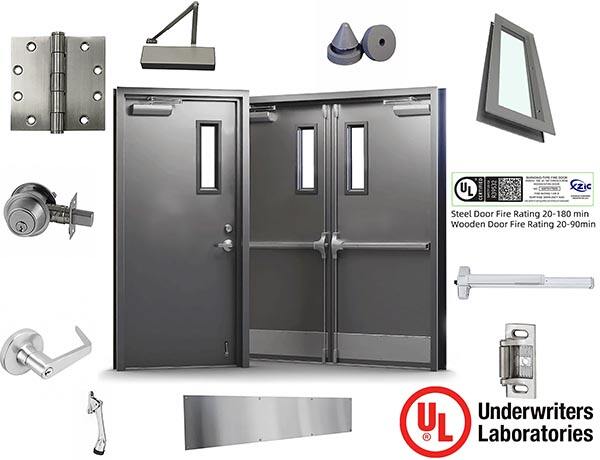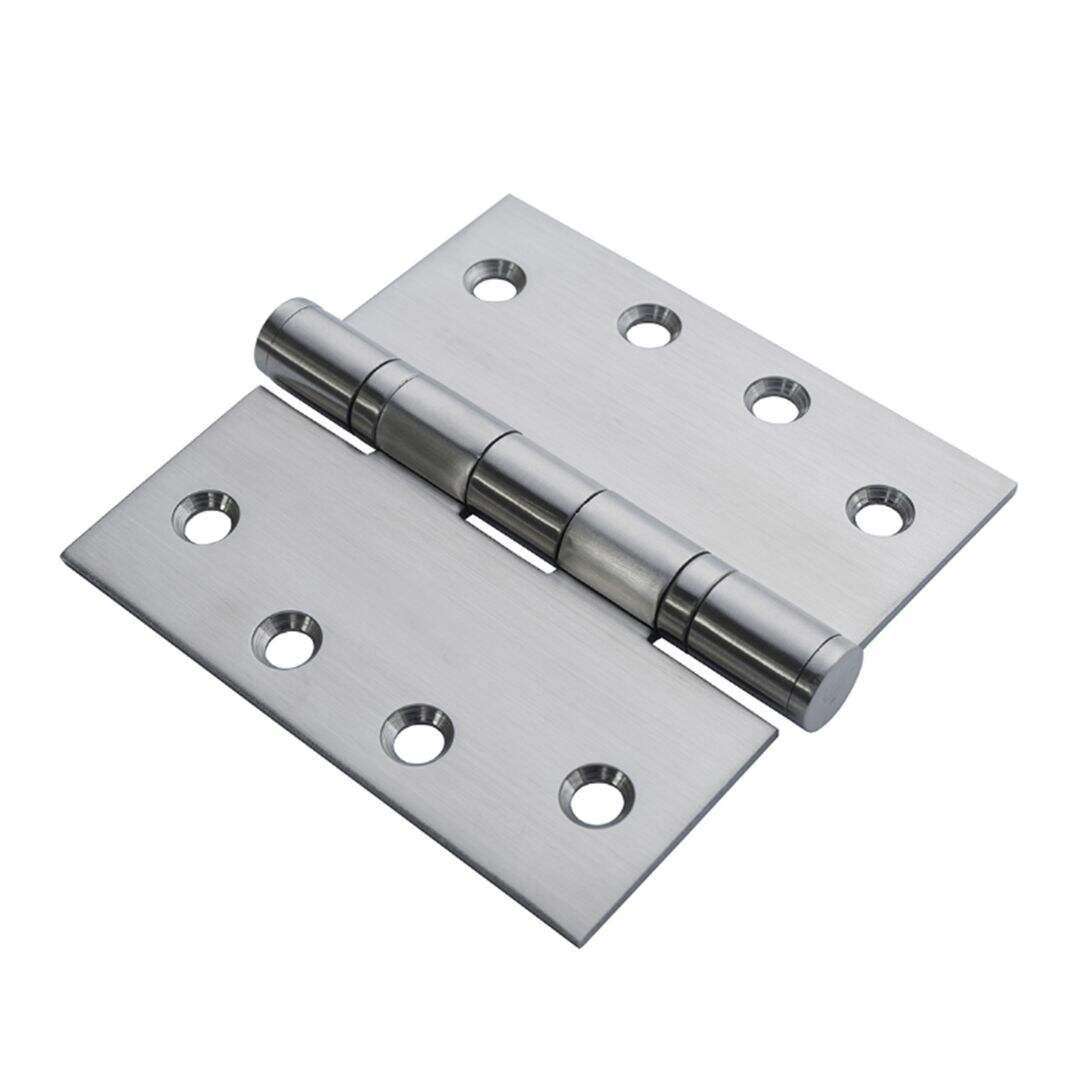MGA TAMPok NG BAKAL NA PINTUAN PARA SA BAHAY-KUBO SA PAMANTAYAN NG US
1. Rating ng Sunog
Karaniwan 20, 45, 60, o 90 minuto , depende sa lokasyon sa loob ng gusali (hal., ang mga guest room ay karaniwang nangangailangan ng 20–45 min ).
Dapat masuri at masegelo ng mga kilalang ahensya (hal., UL , Intertek/WH ).
2. Construction ng Core
Ang mga pinto na may rating para sa apoy ay karaniwang may solidong mineral na core , bakal na pinalakas , o composite core .
Dapat makatiis ng init, apoy, at istrukturang stress habang tumatagal ang apoy.
3. Materyales
Mga Karaniwang Materiales:
Bakal
Kahoy na solid-core na may veneer na nakakalaban sa apoy
Laminates o fiberglass (limitadong paggamit)
Ang mga gilid ay madalas na pinalakas ng bakal o intumescent strips .
4. Mga Device na Pagsarado ng Sarili
Kailangan : Lahat ng pinto na may rating na pampalaban sa apoy ay dapat na self-closing at nagtataklob ng sarili .
Dapat subukan ang mga closer para sa tibay at pagganap laban sa apoy (UL 10C).
5. Mga Sealing ng Usok / Gasketing
Dapat magkaroon ng pinto ang mga sealing na may rating na pampalaban sa usok (lalo na sa mga pinto na may label na “S”).
Intumescent seals tumutubo kapag mainit para pigilan ang pagdaan ng usok at apoy.
6. Mga Kailangang Hardware
Ang kubyertos na may rating na pampalaban sa apoy ay kinabibilangan ng:
Mga bisagra, closer, at kandado na may rating na pampalaban sa apoy
Mga aparato ng pag-panic o mga aparato ng pag-alis (kinakailangan sa mga lugar na may mataas na pag-aari)
Walang mga deadbolts maliban kung sinubukan at sinertipikahan bilang fire-rated
Ang mga hinges at iba pang hardware ay dapat na metal at sumunod sa mga listahan ng apoy ng UL.
7. Mga Panel ng Paningin / Gilas
Binibigyang-daan sa mga tiyak na sukat (halimbawa, 100 sq. in. max para sa mga pintuan na 60 at 90 minuto).
Dapat gamitin fire-rated wire glass o porselana na sapel may angkop na label.
8. Pag-label
Bawat pinto ay dapat magkaroon ng permanenteng fire label (metalikong tag o embossed mark).
Dapat magpahiwatig ang label ng rating ng Sunog , tagagawa , at agham ng Pagsusuri (hal., “UL 45 min”).
9. Mga Kinakailangan sa Frame
Mga frame na fire-rated na bakal o kahoy kinakailangan, pati na ring sinusuri at nilagyan ng label.
Ang mga frame ay dapat naka-angkla nang maayos at tugma ang rating ng pinto laban sa apoy .
10. Pag-install at Paggamit
Dapat mai-install ayon sa NFPA 80 at mga tagubilin ng tagagawa .
Taunang pagsusuri sa pinto laban sa apoy ay kinakailangan (NFPA 80), kabilang ang pagsusuri sa operasyon at clearance ng puwang.
Mga Inirerekomendang Produkto
Balitang Mainit
-
Mga Kinakailangan sa Regulasyon at Sertipikasyon ng UL fire door
2025-08-08
-
Ano ang mga uri ng fire door?
2025-07-12
-
Bakit Ang Mga Pinto na Metal na May Butas ay isang Matipid sa Gastos na Matagalang Solusyon para sa mga Negosyo
2025-07-23
-
Ano ang pagkakaiba ng presyo ng UL LISTED FIRE DOOR na may tapusang ayos na mahogany/oak/ beech/walnut veneer kumpara sa Formica /TAK/ Wilsonart Laminated finish?
2025-07-31
-
Ano ang MDF (medium-density fiberboard) Door?
2025-06-15
-
Mga mahalagang aspeto ng metal na mga pintuan ng sunog
2024-01-02
-
Nagbibigay ang Xzic ng mga mataas na kalidad na mga pinto ng apoy sa aming pinahahalagahan na kliyente sa Qatar
2024-01-02
-
Maaari bang maging insulado ang mga butas na metal na pintuan?
2024-01-02
 EN
EN
 AR
AR
 BG
BG
 NL
NL
 FR
FR
 DE
DE
 EL
EL
 IT
IT
 KO
KO
 PL
PL
 PT
PT
 RO
RO
 RU
RU
 ES
ES
 TL
TL
 IW
IW
 ID
ID
 UK
UK
 VI
VI
 TH
TH
 FA
FA
 AF
AF
 MS
MS
 SW
SW
 BE
BE
 UR
UR
 BN
BN
 KM
KM
 LO
LO
 LA
LA
 MI
MI
 MN
MN
 MY
MY
 KK
KK
 MG
MG
 SU
SU
 TG
TG
 UZ
UZ
 KY
KY
 XH
XH










